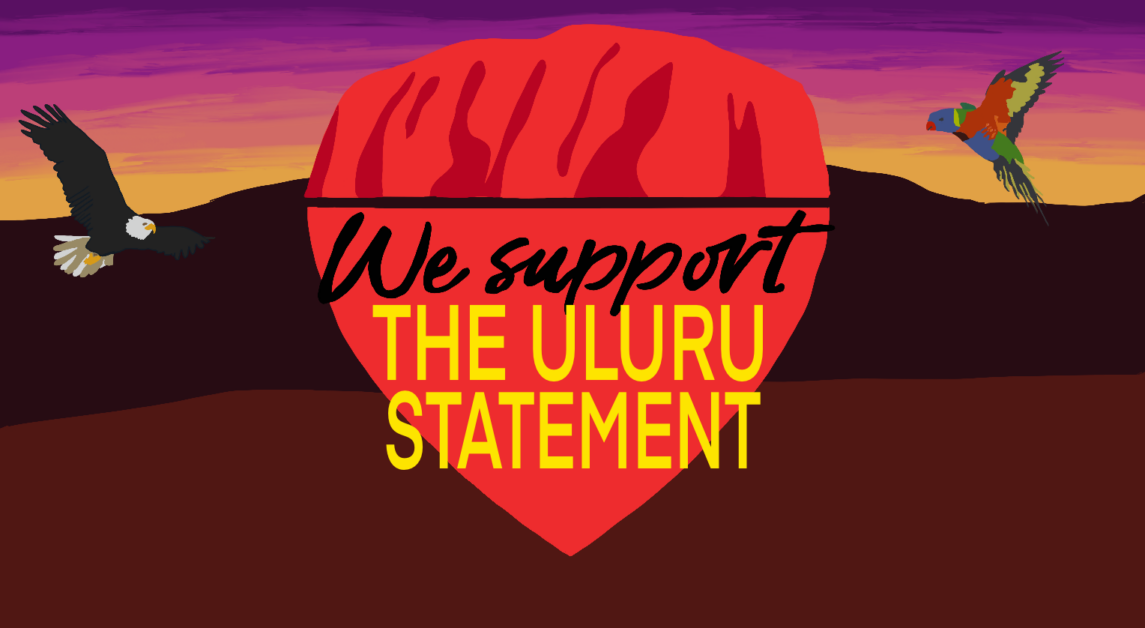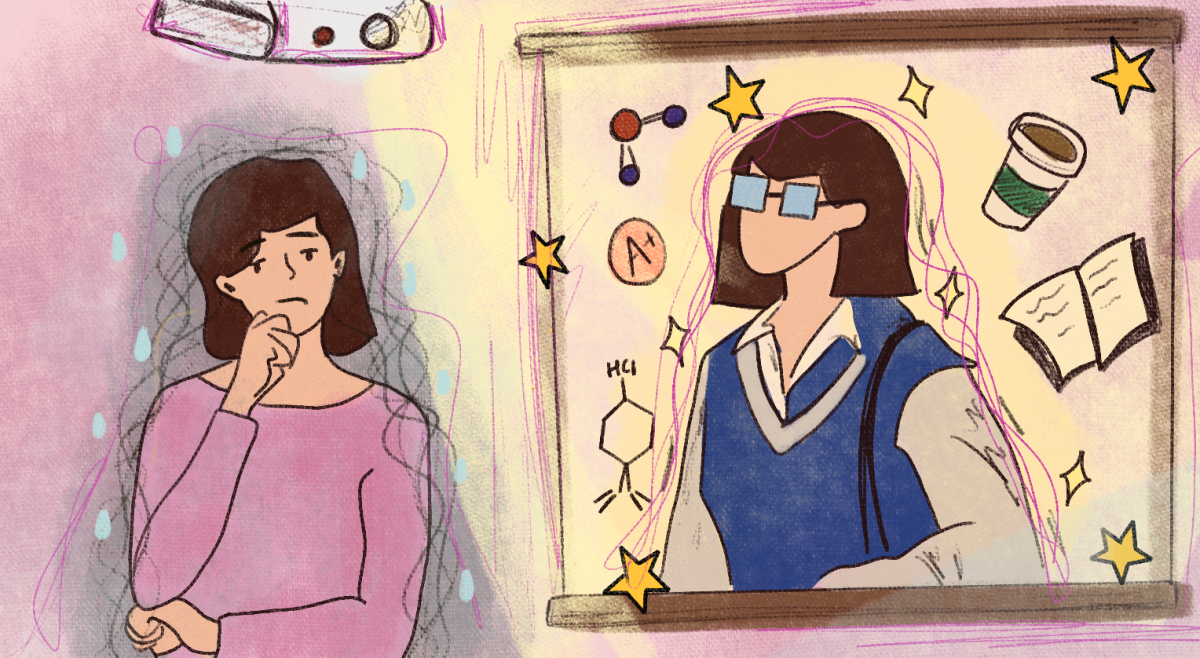But this column cannot be about any of those things.
You see, the day before I wrote this—on Oct. 14—Australia went to the polls. Whether at the primary school a few blocks from my Melbourne home, 10,000 miles away via postal ballot, or the one Antarctic polling place at the far reaches of the earth, Australian citizens across the globe cast their ballots.
A simple one-page proposition was up for debate—the story of which begins some 65,000 years ago (no, that’s not a typo!). Around that time—well before homo sapiens ventured to Europe or the Americas—Indigenous Australians already occupied Australia. But, thousands of years later, when the British colonized the continent in the late 1700s, no treaties were signed with Indigenous peoples, unlike in New Zealand and the United States, with the nation deemed terra nullius (“land belonging to no one”). This led to centuries of torment for Aboriginal people, from downright genocide to babies being ripped out of the arms of their mothers as late as the 1970s. In the past few decades, acts like the 1967 referendum, the 1992 Mabo decision, and the 2008 National Apology have slowly tried to make amends. But there remains an extensive gap—in life expectancy, education, and incarceration—between Indigenous Australians and the rest of Australia.
Recognizing this, in 2017, a bipartisan-appointed Referendum Council convened the First Nations National Constitutional Convention. It settled on one 440-word petition: the Uluru Statement from the Heart. This called for, among other things, a constitutionally enshrined Aboriginal and Torres Strait Islander Voice—an independent Indigenous body to give non-binding advice to the government about Indigenous issues. This, then, was the referendum: Would Australia agree to put the Voice in the Constitution?
Last night, by a margin of about 60 percent to 40 percent, the answer was ‘No.’ There were many reasons—some felt the Voice weak, linked to a colonial constitution. Others felt the constitutional amendments were too strong, risking vexatious litigation and bureaucracy. Others were annoyed by campaign rhetoric that often seemed to focus too much on lofty ideals and ‘the vibe of the thing’—to them, a message built for my world of the avocado toast–eating, flat white–sipping inner Melbourne suburbs, but not for the country at large.
But I am not here to retread the arguments of the campaign—such an exercise would be futile for many, painful for some and, frankly, boring for an American audience. Nor will I offer a postmortem or prognosis for Indigenous policy. I won’t add to what Lorena Allam, an award-winning journalist and Gamilaraay-Yuwaalaraay woman, has rightly described as a “national conversation that is forever about us, without us.” Rather, in keeping with this column’s spirit, I want to consider some of the questions the campaign has raised about civic kindness, American trends, and Australian national character.
You see, Aussies are often proud of our approach to democracy. Australia is the land of compulsory voting, where, without any need to push blokes from your ‘base’ to turn up, pollies appeal to the center ground. Your adversaries can be both “mad as a cut snake … on this issue” and “personally … not a bad bloke.” To boot, the Australian Electoral Commission (AEC) is a gold standard for organizing federal elections, using four-wheel drive vehicles, boats, planes, and even helicopters to let even the farthest reaches of the country easily have their say. Voting culture is so strong in Australia that it caused alarm in 2022 when voter turnout reached a record low at just below 90 percent (by contrast, America’s 2020 election hit a record high at merely 66 percent).
But it’s not just reliable elections. As per my last column, in broad strokes, Australians dislike grandiose speeches and bold visions. The nation is generally conservative (temperamentally, not politically), believing in democratic and social institutions and viewing politics as a means to tweak things—a train line here, a tax bracket there—not to turn the world upside down. So conducive is the Australian environment to political civility that we’re the home of the democracy sausage, turning elections into block parties as ideologically opposed volunteers chat on election day over a few pieces of cake (named with the worst puns ever heard). It’s why in 2016, as U.S. elections turned ugly, my mates scoffed: “That could never happen here! What would we have—a food fight?”
After this referendum campaign, I’m not so sure. The past few months have seen attacks on the AEC’s integrity, Indigenous crisis support helplines flooded with racial abuse, and fact-checking teams stretched thin countering conspiracy theories from the end of live sports to a UN takeover of the country. These attacks often emanated from the fringes of the ‘No’ campaign and, while they may not have started it, the campaign leaders’ reluctance to clearly condemn such behavior has only added fuel to the fire. On the Monday before the referendum, my home university, the University of Melbourne, sent out an email to all students emphasizing support services and spaces for Indigenous students, citing how a “polarized and vitriolic campaign has caused enormous dismay and distress.”
While Australian politics has by no means reached the level of democratic malaise present in its American counterpart, the parallels between U.S. and Australian politics have never been stronger. International comparisons and repudiations have been swift, with The Telegraph in the U.K. deeming it Australia’s “Brexit moment,” The Straits Times in Singapore dubbing the result a “setback for reconciliation,” and The New York Times in the United States decreeing “Trump style” tactics down under. And in the few months I’ve been in the States, I’ve seen where this kind of polarization and post-truth thinking leads: Congress teetering on the edge of government shutdown (unthinkable to Australian minds!) while a soap-opera-like merry-go-round of indignities and infighting replaces legislation and policy implementation.
I do believe that the vast majority of ‘No’ voters aren’t represented by the actions of the fringe. I can believe that many Australians, whether voting ‘Yes’ or ‘No,’ ignored the torrents of misinformation and racist dog-whistling. But I do not believe this trend—toward a discourse characterized by fire, fury, and falsehoods—can be ignored, in Australia or anywhere else in the world. There will surely be many problem-solving suggestions over the coming weeks and months—from national initiatives to political advertising reform—but I want to offer something a little more personal in scale.
The idea of a ‘yarning circle,’ a traditional Indigenous mode of group dialogue where people sit in a circle to listen deeply, share truths, and tell stories, has recently gained pedagogical prominence. The notion is simple—you share where you come from and how that impacts how you think. Then, working together, you uncover—in the absence of hierarchy or rhetorical tug-of-war—the truths at the heart of our perspectives and experiences. To me (in my limited understanding), it seems the perfect gift, the basis for a good-faith antidote in this moment of deep cynicism both in the United States and Australia. So, if you are the only person truly paying attention to this column, do one thing for me …
In a time when the world seems ruled by braggarts and brawlers, have a real yarn with someone—not trying to show off or win, but simply understand. In a time when post-truth spreads, beneath the Lorikeet and the Eagle both, like a bushfire through scrub, have a yarn with your friends and family. In a time when our nations choke with the suffocating smoke of disinformation, have a yarn with those around you, together laboring for truth. It will not be easy. It will be frustrating—but, now more than ever, from Melbourne to Massachusetts, it is the crucial work of our times. As the legendary Australian singer-songwriter Paul Kelly sang mere weeks ago:
“It’s an invitation offered
to set our course anew
If not now, then when?
If not us, then who?”













